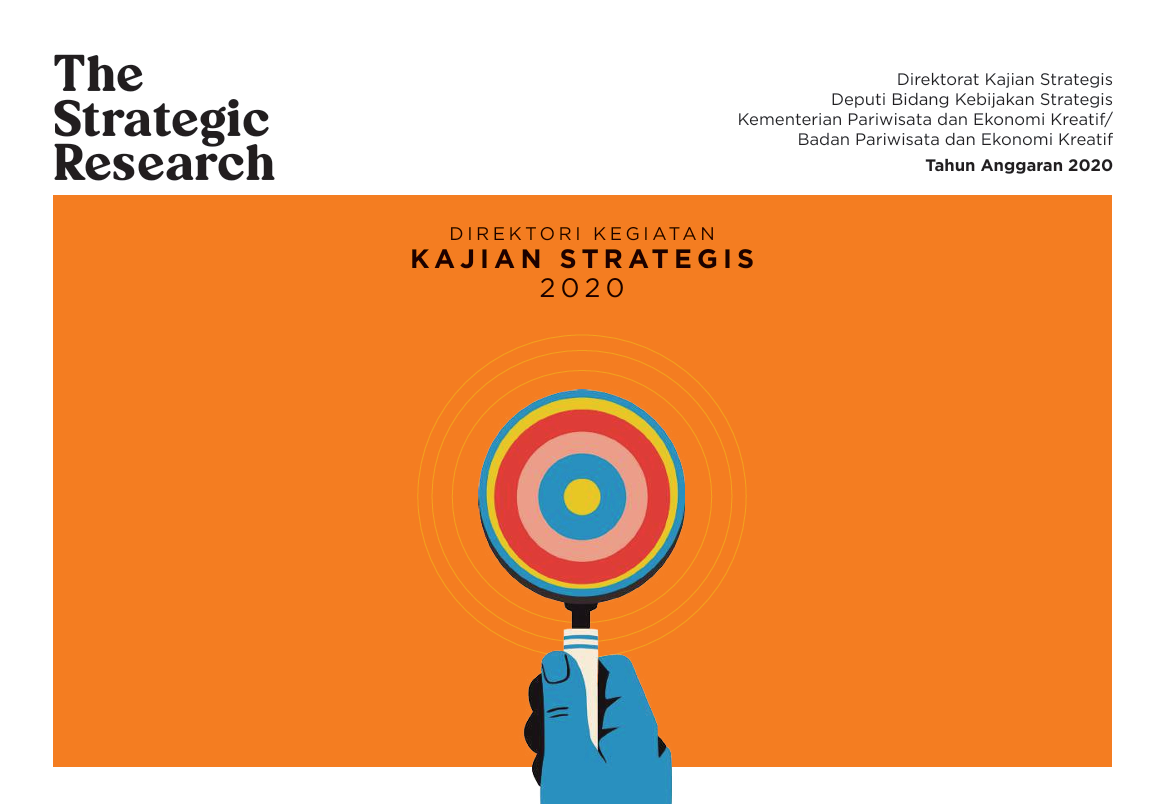Resilience and Social Support Improve Mental Health and Quality of Life in Patients with Post-COVID-19 Syndrome
Physical and mental health problems among post-COVID-19 patients are common, even a year after infection. As there is no prior study available, we investigated the impacts of resilience and social support on anxiety, depression, and quality of life among patients with post-COVID-19 syn-drome. We conducted a cross-sectional study with a convenience sample. The measures included the demographic and clinical characteristics of patients, the Brief Resilience Scale, the Multidimensional Scale of Perceived Social Support, the Patient Health Questionnaire-4 (PHQ-4), and the EuroQol- 5D-3L. The mean age of patients was 44.8 years. The total PHQ-4 score suggested that 32.8% of patients with post-COVID-19 syndrome experienced severe psychological distress, 32.8% experienced moderate distress, 23% experienced mild distress, and 11.5% had no distress. Moreover, 60.7% of patients had anxiety scores of ≥3 and 69.7% had depression scores of ≥3, indicating possible major anxiety or depression disorder. The mean EQ-5D-3L index value was 0.36, and the mean EQ-5D-3L VAS was 54.1. Multivariable analysis identified that resilience and social support reduced anxiety and depression among patients. Also, we found a significant positive relationship between resilience and social support, and quality of life. Our findings suggest that resilience and social support can be protective by reducing anxiety and depression and improving quality of life among patients withpost-COVID-19 syndrome. Policymakers should develop and implement healthcare management programs to provide psychological support to these patients.



